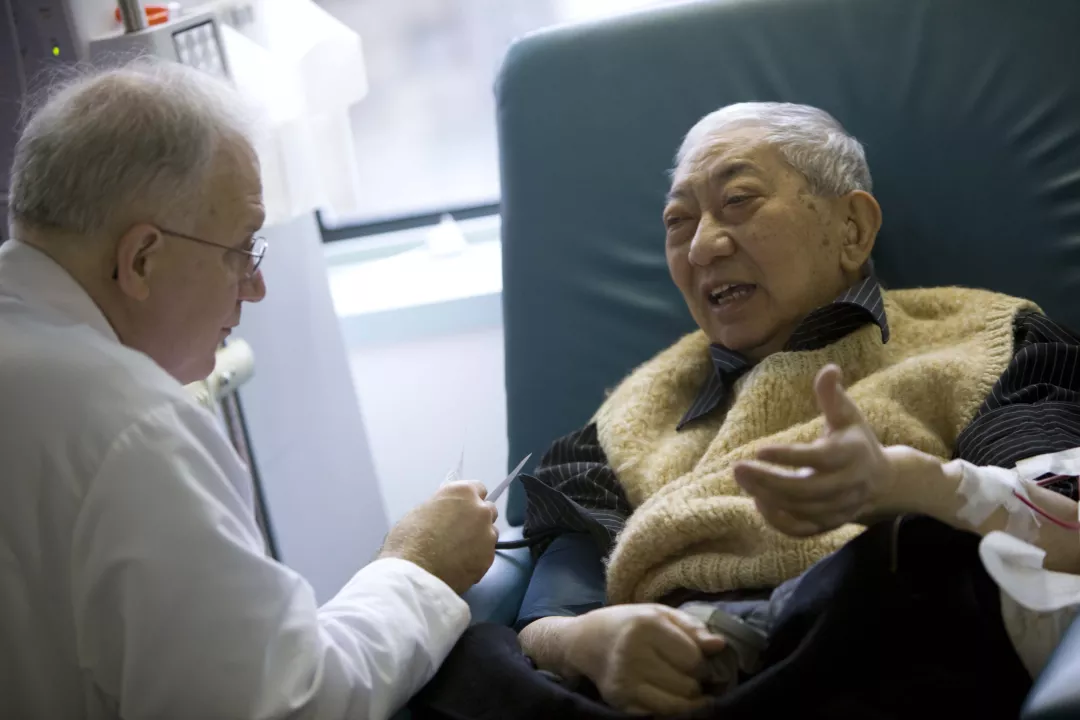Boston is home to over 63,000 Asian residents, representing 9.5% of the city’s population, and constituting one of the fastest-growing groups in the city. Asian immigrants tend to underutilize healthcare services, and often lack the information, time, or resources necessary to practice preventive health maintenance. This can be attributed in part to cultural differences and linguistic barriers, as well as financial concerns, such as lack of health insurance.
In response to the health needs of Boston’s Asian community, Tufts Medical Center, in consultation with the South Cove/Chinatown Neighborhood Council, established the Asian Health Initiative (AHI) and its advisory committee in 1995.
The AHI identifies public health issues of particular prevalence or concern to the local Asian community. It seeks to work collaboratively with community-based organizations to help address those health issues in a culturally and linguistically appropriate setting.
Since its inception, funded programs and projects have addressed tuberculosis, hypertension, hepatitis B, chronic disease prevention, domestic and family violence, smoking cessation and prevention, the importance of primary care and understanding the American healthcare system, among other health issues. Because of the diversity of the programs and organizations supported, the AHI has been able to reach a broad segment of the Asian community.
